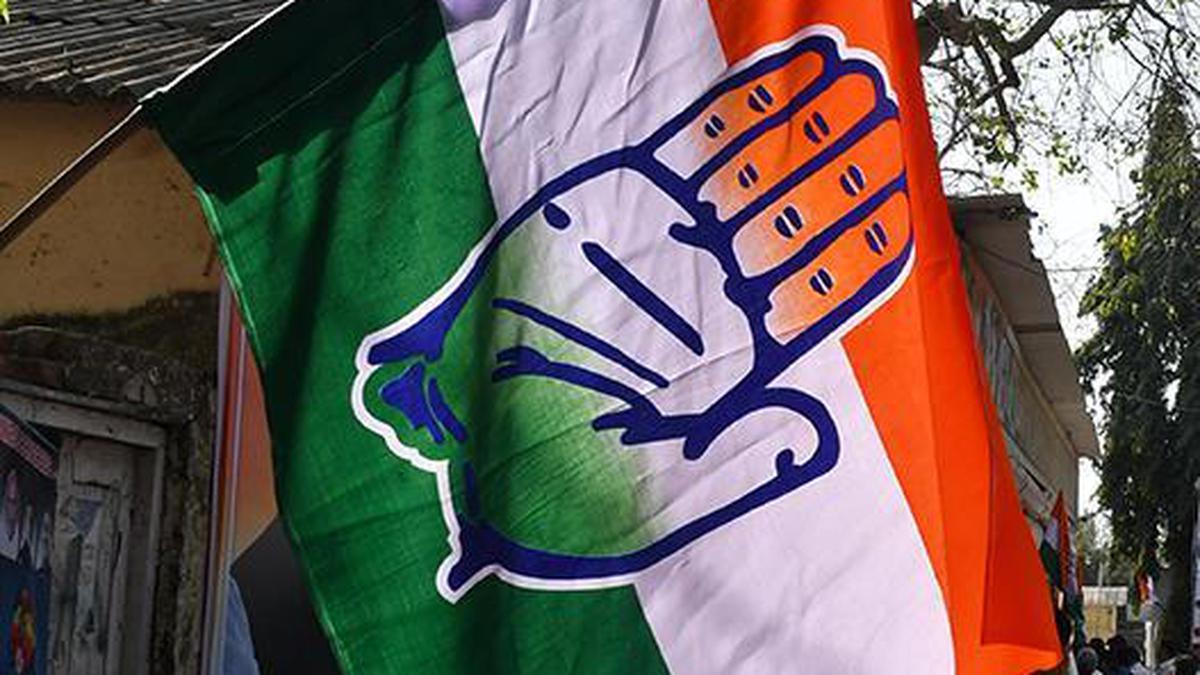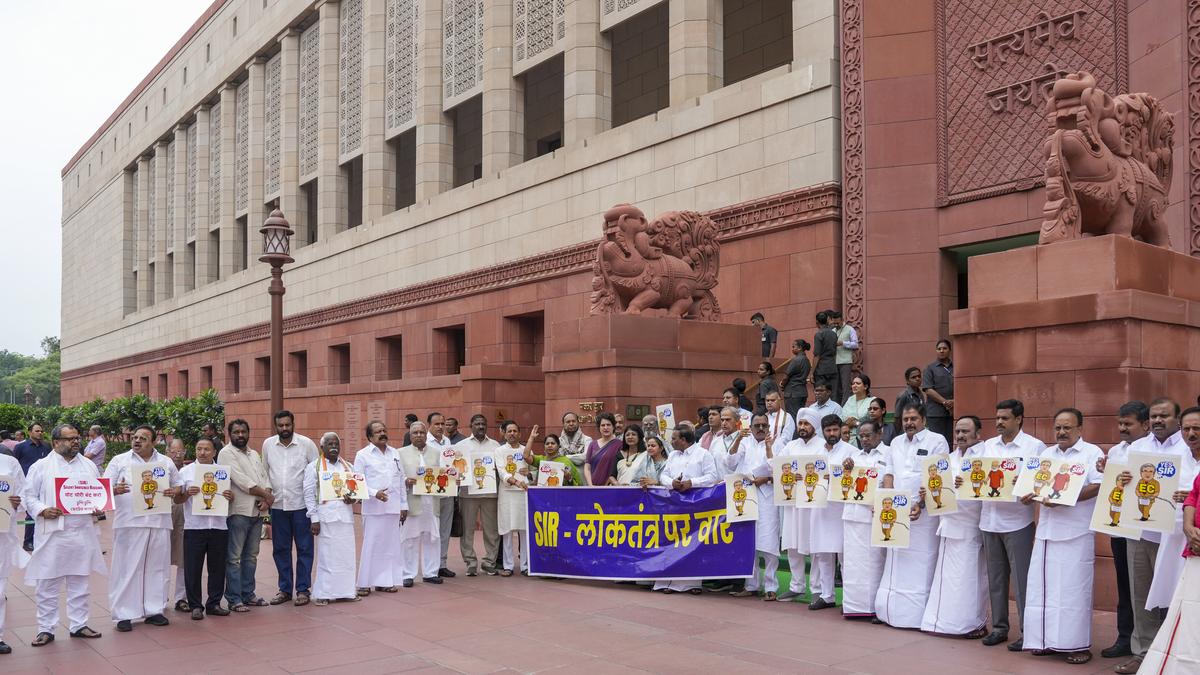Now Reading: Congress Critiques Five Economic Shocks Under Modi Government
-
01
Congress Critiques Five Economic Shocks Under Modi Government
Congress Critiques Five Economic Shocks Under Modi Government

Swift Summary:
- The Congress party has critiqued the Indian economy under Prime Minister Narendra Modi, claiming it has suffered from “five Modi-inflicted shocks” over the past decade.
- Congress general Secretary Jairam Ramesh highlighted demonetisation and a “flawed GST implementation,” which he argued disrupted growth momentum and harmed smaller businesses while favoring larger corporations.
- Ramesh alleged that record imports from China led to significant loss in MSME operations,especially in Gujarat’s stainless steel industry. He also emphasized rising economic inequality, stagnant wages, ballooning household debt, and declining private investment and consumption as indicators of an economic downturn.
- Referring to industrialists acquiring foreign citizenships amidst alleged government policies like extortionist “Raid Raj,” Ramesh claimed a loss of confidence in India’s economic future.
- Rahul Gandhi echoed these concerns on Thursday by stating the economy is “dead,” agreeing with remarks attributed to former US President Donald Trump.
Indian Opinion Analysis:
The critical viewpoint from Congress raises uncomfortable questions regarding India’s recent economic trajectory under PM Modi’s leadership-emphasizing structural disruptions like demonetisation and flawed GST compliance affecting small businesses disproportionately. While GDP growth figures remain central to assessing overall performance, specific claims about MSME closures or stagnating wages highlight challenges at grassroots levels that deserve examination beyond political rhetoric.
Continued dependence on imports or declining private investments point toward vulnerabilities within India’s industrial framework despite policy efforts aimed at fostering self-reliance (Aatmanirbhar Bharat). Allegations surrounding increased disparity between luxury consumption versus mass consumption may reinforce arguments for reviewing welfare measures targeting rural areas or low-income sectors.
If substantiated comprehensively with data rather than speculation, such criticisms could serve as a call for reflection on strengthening domestic micro-economic fundamentals while balancing global trade dynamics.
Read more: The Hindu Article























